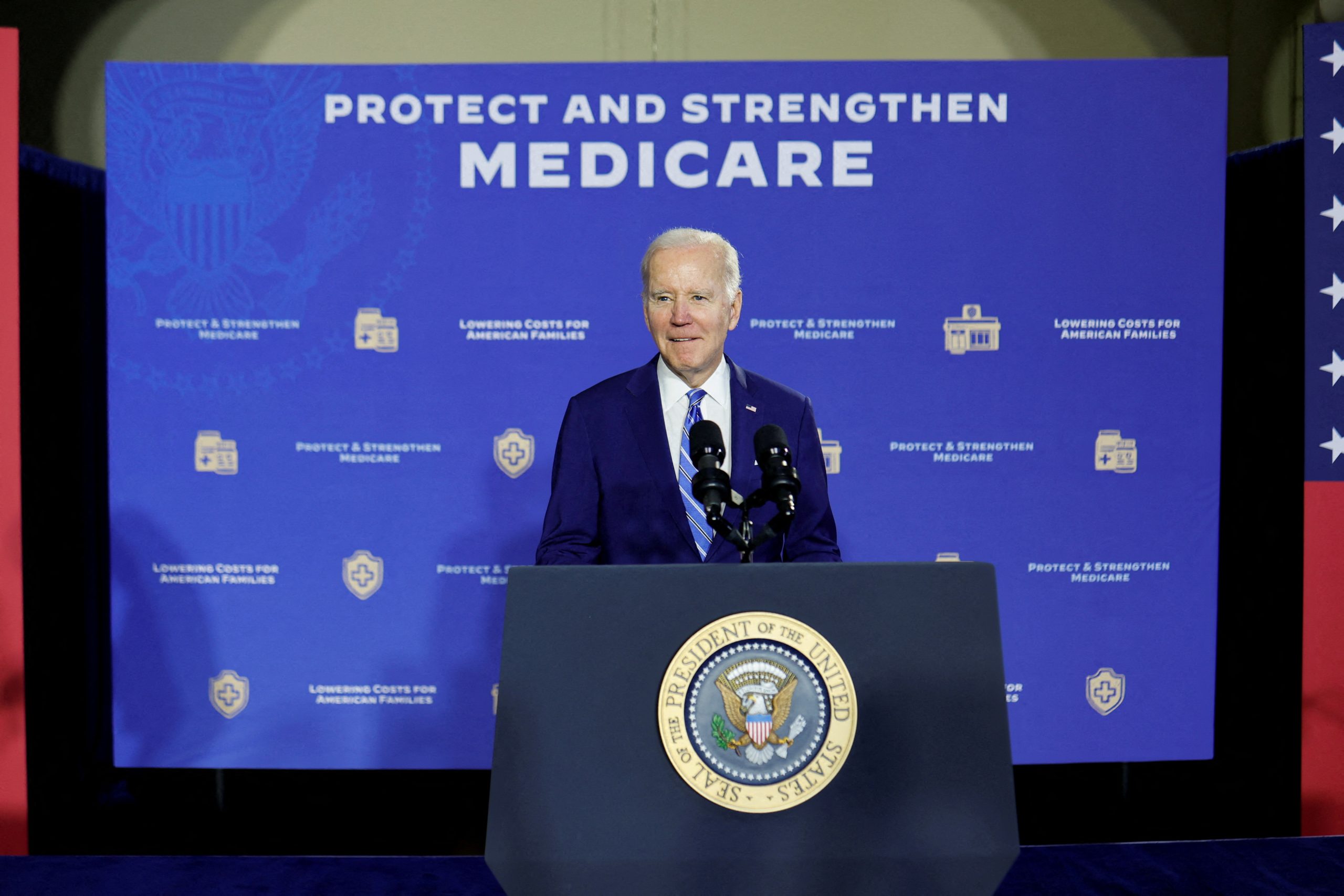
[elfsight_social_share_buttons id=”1″]
The U.S. government will select the 10 costliest prescription medicines to Medicare for negotiating prices with drugmakers starting early next year, the program’s top official said on Friday.
President Joe Biden in August signed into law the Inflation Reduction Act, allowing the federal Medicare health plan for people age 65 and older and the disabled to negotiate prices on some of its most costly drugs.
The law grants the government the right to choose any 10 from a list of the 50 medicines responsible for the highest Medicare spending that qualify for negotiation but does not specify the exact criteria for choosing them.
Dr. Meena Seshamani, director of the Center for Medicare, outlined in an interview how Medicare will select the initial drugs for negotiation after first determining which medicines are eligible and not subject to one of several exemptions outlined in the law.
“Then from there, we rank the negotiation-eligible drugs according to total expenditures for that 12-month period, and we will select drugs with the highest ranking,” Seshamani said.
To produce that list, the agency first needs to decide whether to use gross Medicare spending or net spending, which takes into account often sizeable after-market discounts.
Seshamani did not comment on which way the agency was leaning, but pointed to a proposed rule published in December in which the Centers for Medicare and Medicaid Services (CMS), which oversees Medicare, redefines the term “gross covered prescription drug costs” within Medicare Part D.
“We have proposed a clarification to maintain better consistency with gross expenditures. So that is a proposal that is out there, and the comment period closed on February 13,” Seshamani said. “We are processing those comments as we work to finalize that regulation.”
CMS said in January it would announce the list of 10 drugs in September. The agency will make its initial offers in February 2024 and the negotiation period will end that Aug. 1. It will publish the final prices a month later, and they will take effect on Jan. 1, 2026.
Copyright 2023 Thomson/Reuters
